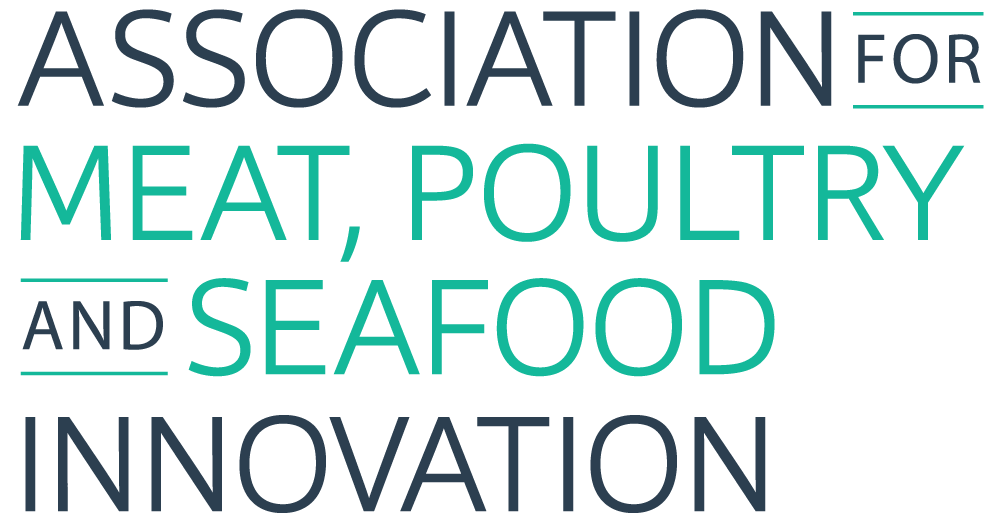The Association for Meat, Poultry, and Seafood Innovation (AMPS) strongly opposes recent legislative efforts in several states to ban or impose restrictive labeling guidelines on cultivated meat. These proposals undermine consumer choice, stifle agricultural innovation, and disregard the economic and environmental benefits cultivated meat offers.
Cultivated meat complements traditional agriculture, and does not seek to eliminate traditional animal farming. Our industry also relies on crops like corn and soybeans as inputs, supporting farmers, and generating new economic opportunities. Bans would hinder states from attracting jobs and investment in this cutting-edge sector, risking the loss of talent and revenue to regions that embrace food innovation. Worse, they could set a dangerous precedent, encouraging states to impose restrictions on products made from other states, undermining interstate commerce and innovation.
Contrary to common misconceptions, cultivated meat is produced in food-grade facilities using bioreactors similar to brewing and dairy industries. These products are rigorously regulated by the USDA and FDA, meeting or exceeding the safety standards applied to conventional meat. Bans and prejudicial labeling guidelines deny consumers access to safe, sustainable, and innovative protein foods, limiting their freedom to make informed choices.
We urge policymakers to prioritize collaboration and facts over fear. Cultivated meat represents a critical tool to address global food security, food and climate resilience, and the many related public health challenges these cause. By supporting this industry, states can lead in modernizing agriculture and fostering a sustainable, prosperous future.
Let’s work together—farmers, scientists, consumers, policymakers, and innovators—to demystify cultivated meat and build a resilient food system that benefits everyone.
Reach out to your state representatives and senators to share your perspective on these bills and issues, emphasizing the importance of informed decision-making for the benefit of your community and the future of food.
For inquiries or collaboration opportunities, contact us at [email protected].
